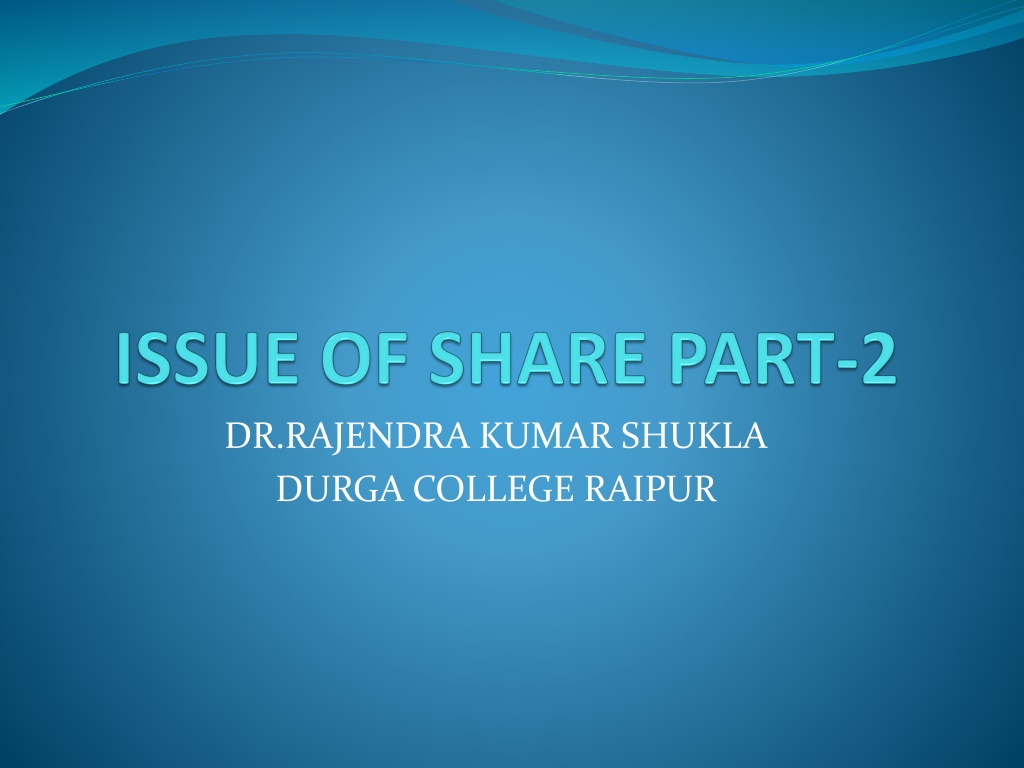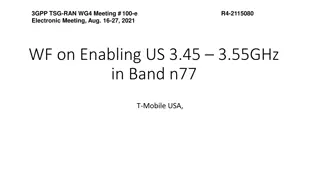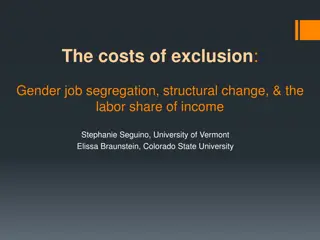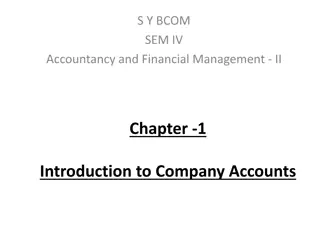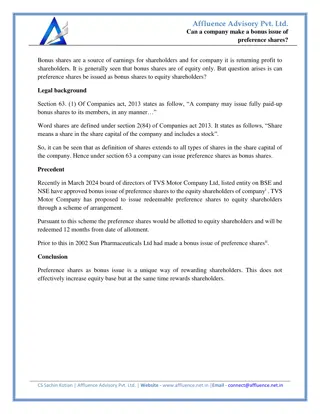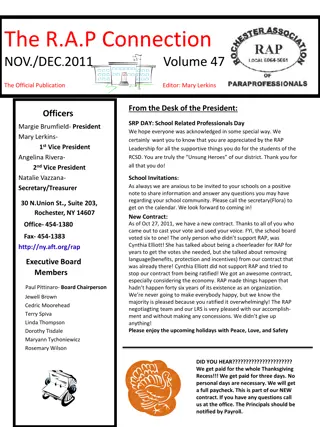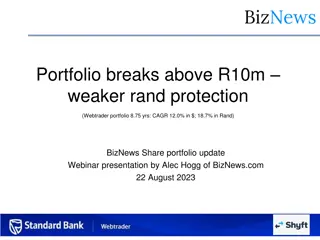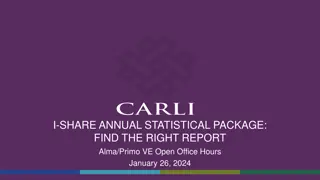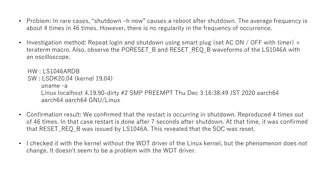Understanding Share Capital and Stock: Key Differences and Expansion Options
Share capital is crucial for limited companies, comprising authorized, issued, subscribed, called-up, and paid-up capital. Stocks differ from shares regarding payment status, issuance rules, transferability, and numbering. Expansion methods include rights issues, IPOs, and preferential allotment.
Download Presentation

Please find below an Image/Link to download the presentation.
The content on the website is provided AS IS for your information and personal use only. It may not be sold, licensed, or shared on other websites without obtaining consent from the author. Download presentation by click this link. If you encounter any issues during the download, it is possible that the publisher has removed the file from their server.
E N D
Presentation Transcript
DR.RAJENDRA KUMAR SHUKLA DURGA COLLEGE RAIPUR
SHARE CAPITAL-ISSUE AND FORFEITURE OF SHARES 1.AUTHORISED CAPITAL is also referred to, at times, as registered capital. This is the total of the share capital which a limited company is allowed (authorized) to issue to its shareholders. It presents the upper boundary for the actually issued share capital (hence also 'nominal capital'). 2.Issued Share Capital is the total of the share capital issued to shareholders. This may be less than the authorized capital. 3.Subscribed Capital is the portion of the issued capital, which has been subscribed by all the investors including the public. This may be less than the issued share capital as there may be capital for which no applications have been received yet ('unsubscribed capital'). 4.Called up Share Capital is the total amount of issued capital for which the shareholders are required to pay. This may be less than the subscribed capital as the company may ask shareholders to pay by installments. 5.Paid up Share Capital is the amount of share capital paid by the shareholders. This may be less than the called up capital .
DIFFERENCE BETWEEN SHARE AND STOCK 1.Stocks are fully paid up whereas shares may be fully paid up or partly paid up. 2.Shares may be issued when a company is incorporated but stock cannot be issued under such circumstances. Only fully paid shares are converted into stock. 3.Stock is convenient method of transferring because it can be issued or transferred in fractional parts whereas shares cannot be divided below the face value of share. 4.Stocks are not numbered whereas shares are serially numbered. 5.Shares are of equal nominal amount value but stocks may be divided into unequal amounts. 6.Shares are always registered and not transferrable by mere delivery but stock may be registered or unregistered and unregistered stock can be transferred by mere delivery.
EXPANSION OF SHARE CAPITAL 1.RIGHTS OR BONUS SHARES : The company may issues fresh shares to the existing shareholders in proportion to the shares held by them. 2.INITIAL PUBLIC OFFER(IPO): The company may make an offer , inviting the general public to subscribe to its shares. 3.PREFERENTIAL ALLOTMENT: A company may make a bulk allotment to an individual, companies, venture capitalists or any other person through a fresh issue of shares. It is known as preferential allotment. Under this method, the entire allotment is made to pre-identified people, who may or may not be existing shareholders at predetermined price. The lock-in-period under this is three years from the date of allotment in case of promoter Contribution. But in case of pre-issue of share capital of an unlisted company, the lock-in-period is one year from the date of commencement of commercial production.
